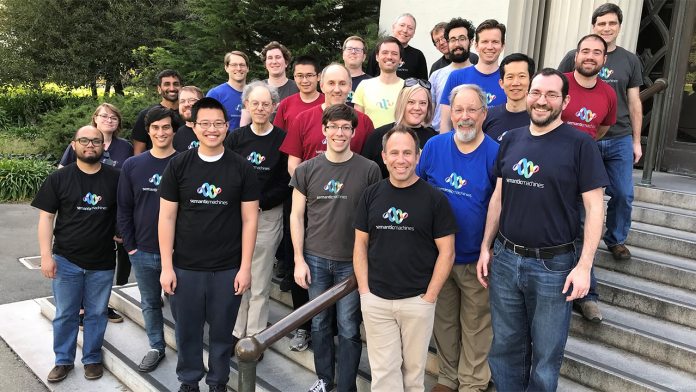Microsoft has acquired Berkeley-based startup Semantic Machines to bolster its AI efforts. It's grabbing an experienced team, including CTO Larry Gillick, who was Siri's former speech scientist.
He's joined by Stanford University professor Percy Liang and UC Berkely's Dan Klein, both experts in the field. Several employees also worked at voice recognition company Nuance, which was also powered by Siri.
What does this mean for Cortana? Microsoft is hoping for a push in conversational AI, with the goal of making the discovery and access to information more natural. It believes virtual assistants should be able to hold a conversation, rather than just responding to commands.
Microsoft has already made significant steps in that regard, with conversational AI added to Bing Search. Its Xiaoce and Rinna chatbots have also shown progress, predicting natural pauses in conversation.
A Center for Conversational AI
However, with this acquisition, the company plans to dedicate significant resources.
“With the acquisition of Semantic Machines, we will establish a conversational AI center of excellence in Berkeley to push forward the boundaries of what is possible in language interfaces,” David Ku, CTO of Microsoft AI & research explains. “Combining Semantic Machines' technology with Microsoft's own AI advances, we aim to deliver powerful, natural and more productive user experiences that will take conversational computing to a new level. We're excited to bring the Semantic Machines team and their technology to Microsoft.”
As well as Cortana, the team will work on the XiaoIce chatbot, which has had up to 30 billion conversations at an average of 30 minutes each. Microsoft's advances may not be as flashy as Google's Duplex demo, but it still has 200 million users and an ever-growing team of veterans behind it.






